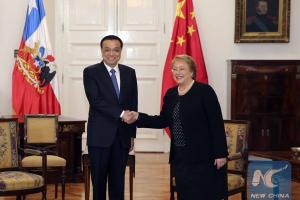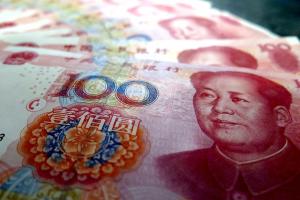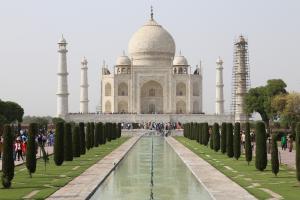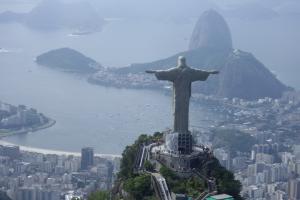Pulse: China
The Mobile Mainstream
"Changing consumer preferences and behaviors are focused on ease of use, convenience, and immediacy of payment that can be obtained through the mobile channel," reports the Federal Reserve Bank of Boston in its most recent mobile payments study.
Yet the mobile experience in the mainstream of U.S. commerce hardly meets that ideal.
Davos and the anti-Davos Man (Trump)
The annual World Economic Forum (WEF) will convene this week in the ski resort of Davos. The WEF, which was founded in 1971 by Klaus Schwab (who at age 80, continues to run the organization) is an annual meeting of the global economic, business and political power elites. (Tidbit: the aggregate annual compensation of the two dozen global leaders of industry attending Davos is estimated at $300 million). While uber-elitist, the Davos meetings do reflect the major issues of the day and are useful sounding boards for discussing global economic and financial matters.
What to Watch for in 2018
Here are ten things that I think will shape the global and Australian economies in 2018, and that expect I’ll be talking about at conferences and events over the course of the coming year.
1: Central banks
The era of ultra-cheap money, which began during the global financial crisis, is drawing to a close. Already, the US Federal Reserve has raised its key policy interest rate target four times since the end of 2015, and has begun to wind back its bloated balance sheet (something which will take a very long time to complete).
China’s Relationship with Chile: The Struggle for the Future Regime of the Pacific
I am sharing with you my article on Chinese engagement with Chile, recently published by the e-journal "China Brief." The article, based on research and interactions during my November 2017 engagement in Santiago is also available at the website of the Jamestown Foundation.
The Year of the Dictators
The global economy ends 2017 and enters 2018 in apparent good health. The odds are that world GDP growth, measured at market exchange rates, will continue at a year-over-year rate of nearly 3%. The main economic risks to this scenario—primarily the deflation of asset bubbles in the US or a debt crisis in China’s corporate sector—seem unlikely. More worrisome are geopolitical trends.
2018 Global Outlook
Russia
Doklam Dispute is far from Settled
This article was originally appeared in the Hindu Business Line and co-authored with Faisal Ahmed, a geopolitical expert and associate professor of international business at FORE School of Management, New Delhi.
As President Xi Jinping emerges stronger, his foreign policy pursuits are now likely to be assertive, not merely persuasive. He joins the league of Mao Zedong and Deng Xiaoping with the inclusion of his thoughts on socialism in the party constitution.
Washington Should Take Note of Chinese Advancement in Brazil
I am sharing a copy of my new article on PRC activities in Brazil that originally appeared in Newsmax.
While partly related to Brazil's size, it is of note that, largely unnoticed in Washington D.C., Brazil is one of the countries in Latin America where the most significant major Chinese commercial advances have occurred during the past year.


 by
by 
 by
by 
 by
by 
 by
by 
 by
by 

 by
by 
 by
by 
 by
by 
